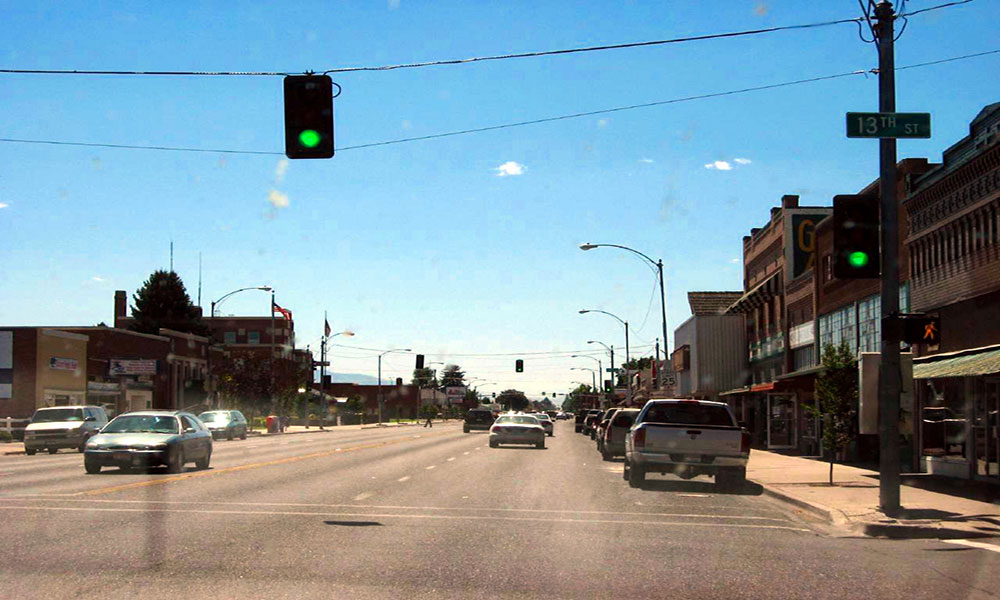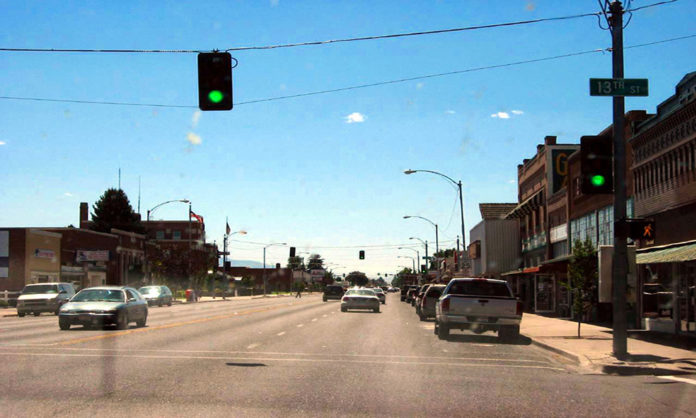A local couple has been assisting former women inmates recovering from substance use disorders in Burley, Idaho.
Dallas and Marcy Bruderer are Idaho Department of Correction (IDOC) mentors and provide Christian ministry to women at the Mini-Cassia Criminal Justice Center.
The Bruderers developed the ‘Mini-Cassia Transitional Living’ last year to help formerly incarcerated women get back on their feet. The program’s house has room for six residents and is currently near full capacity.
Women living in the house are required to pay a $275 transition fee per month. While staying in the home, residents are responsible for completing daily chores, buying their own food and holding a job.
In addition, they participate in a Christian-based recovery program. Elements of the program include 12-step recovery meetings, Bible study and courses to help them develop emotional coping and financial management skills. Mentors regularly meet with the residents to discuss recovery goals and progress.
Mini-Cassia Transitional Living representatives request that all residents remain sober. To ensure this, they randomly choose when to administer drug and alcohol tests. Those who fail to pass, are asked to leave.
Many of the women recovering from substance use disorders have stated that the program has helped them foster healthy relationships.
Transitional house volunteers work with program participants to also arrange fundraising events for community members. Most recently, Mini-Cassia Transitional Living held a Christmas toy drive.
The program has been approved by the IDOC and is awaiting certification by Business Psychology Associates Health, which oversees behavioral health and substance abuse treatment in the state.
According to the Substance Abuse and Mental Health Services Administration (SAMHSA) treatment locator, there are only three locations in Burley that specialize in outpatient treatment or telemedicine for individuals with substance use disorders. Twin Falls and Jerome, approximately 50 miles away, account for the majority of treatment resources in the Magic Valley region. However, the SAMHSA locator does not list any other transitional or halfway housing resources in the area.
A 2017 Idaho Department of Health and Welfare Division of Public Health report noted that 261 drug-induced deaths occurred in the state in 2016. That year, opioids accounted for 59 deaths. Department officials disclosed that from 2014 to 2016, 723 drug-induced deaths happened in the state. Burley is split between Cassia and Minidoka counties. Between 2014 and 2016, the two counties experienced 15 total drug fatalities.
In response to the state’s opioid crisis, the Idaho Office of Drug Policy developed a 5-year strategic plan. Officials charted out ways in which they can increase opioid abuse awareness, improve opioid prescription monitoring program protocols, decrease youth opioid use by 10 percent and connect state residents to addiction treatment services.
Three months ago, regional leaders and community members convened for a discussion regarding how to approach the opioid crisis in the Magic Valley region. A county judge stated that the increasing number of opioid use disorders has resulted in many children being raised by relatives or foster families. Medical professionals in attendance also noted different addiction treatment resources in Twin Falls and other nearby cities.

















